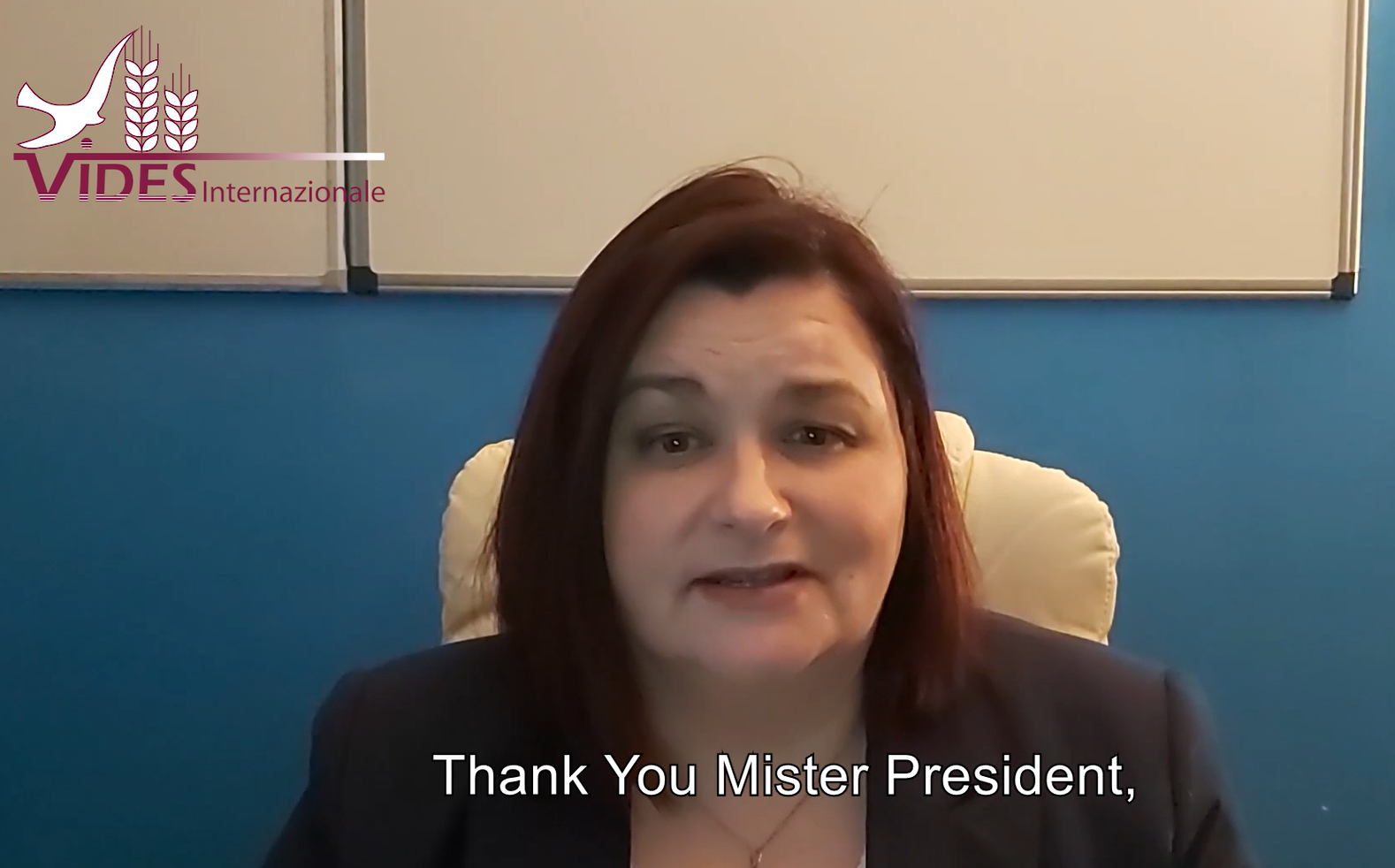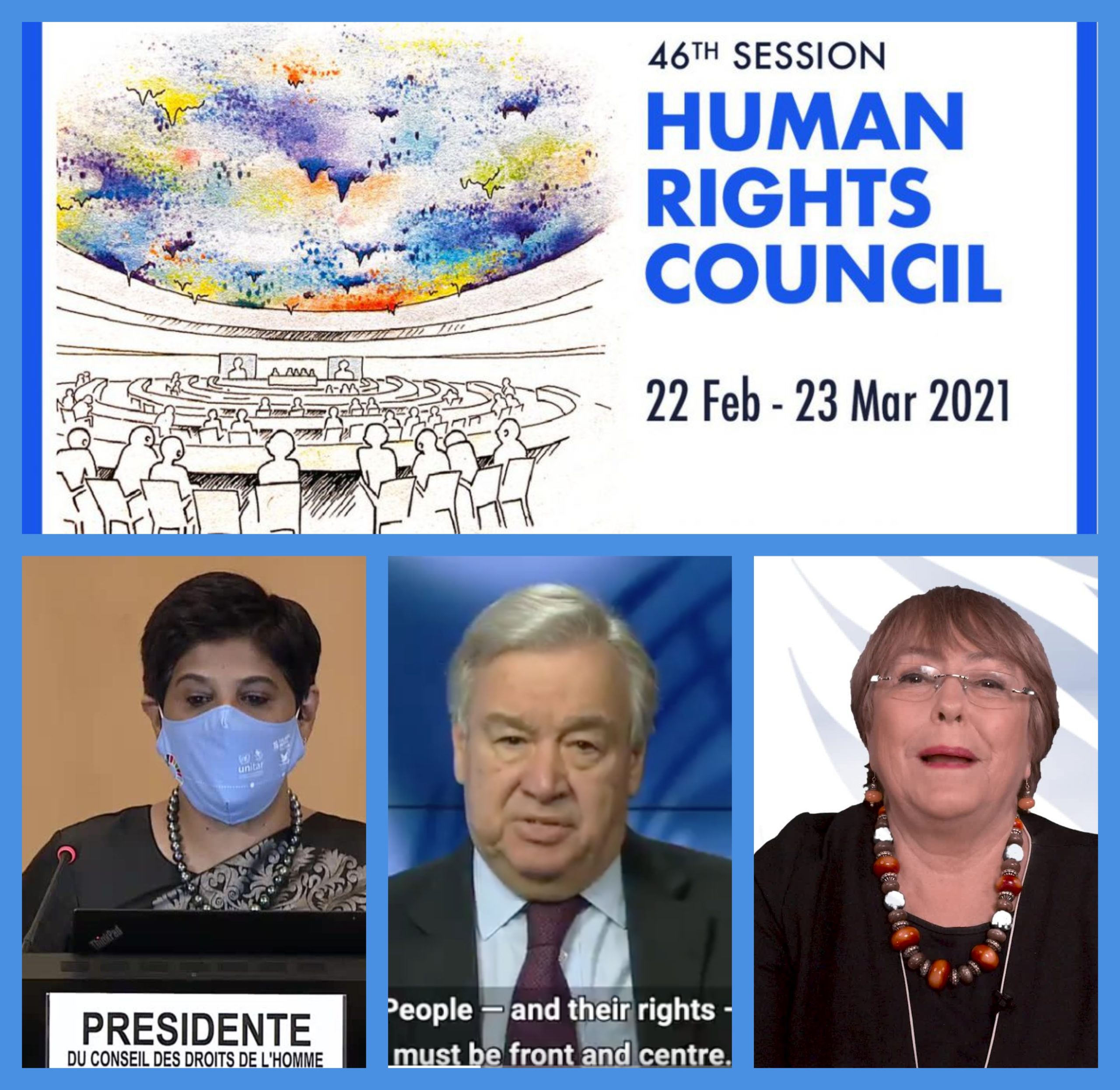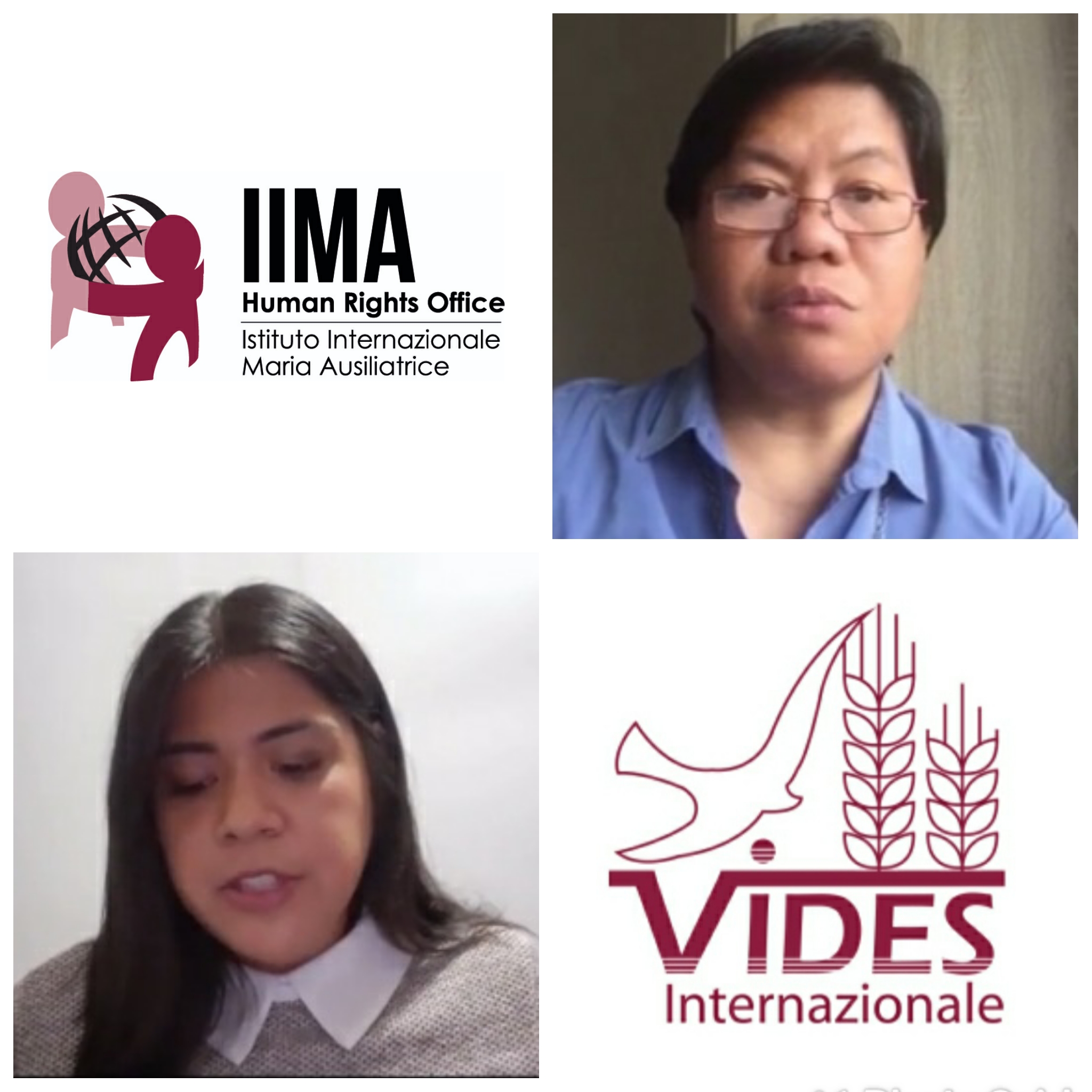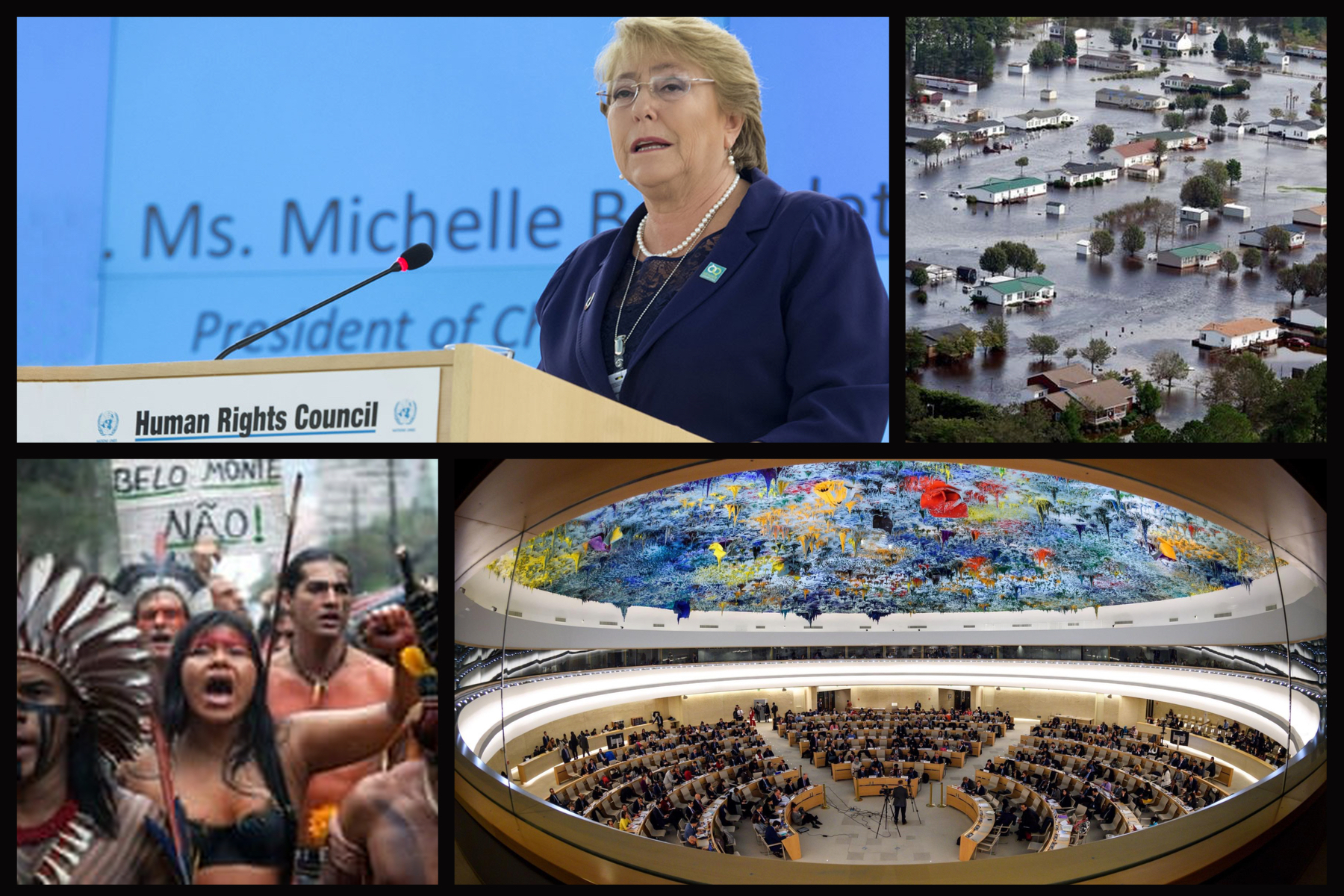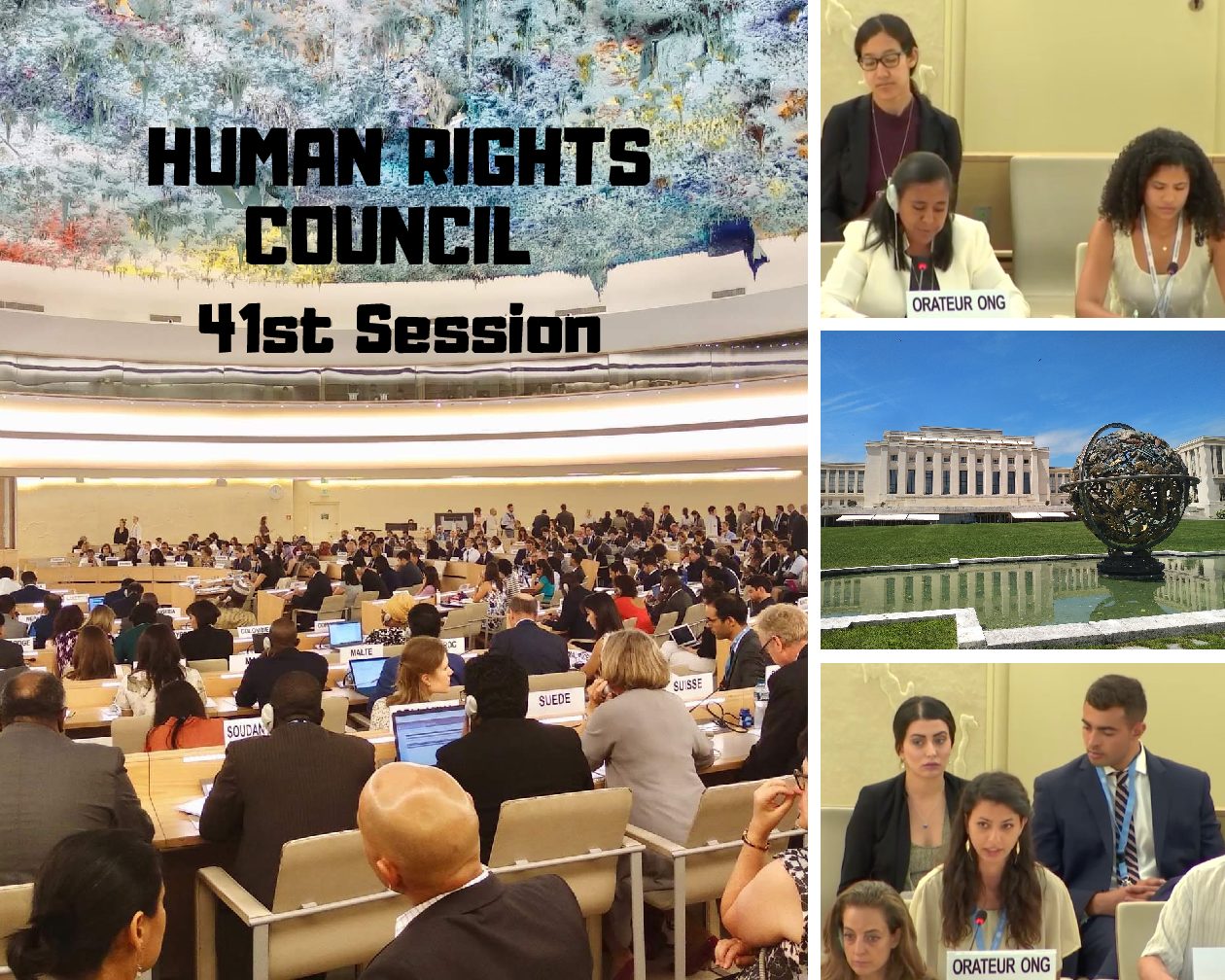Human Rights Council Holds 36th Special Session on Sudan
On 15 April, an armed conflict broke out between the Sudanese Armed Forces (led by General Abdel Fattah al-Burhan) and the paramilitary force Rapid Support Forces (led by General Mohamed Hamdan Dagalo). The two groups were allies in the uprising against Sudanese dictator Omar al-Bashir in 2019 and successfully overthrew his regime. The conflict broke out during civil reconstruction discussions where both sides were to cede power and allow civilian oversight. They were also to integrate the Rapid Support Forces into the regular military. There were disagreements and on 15...





